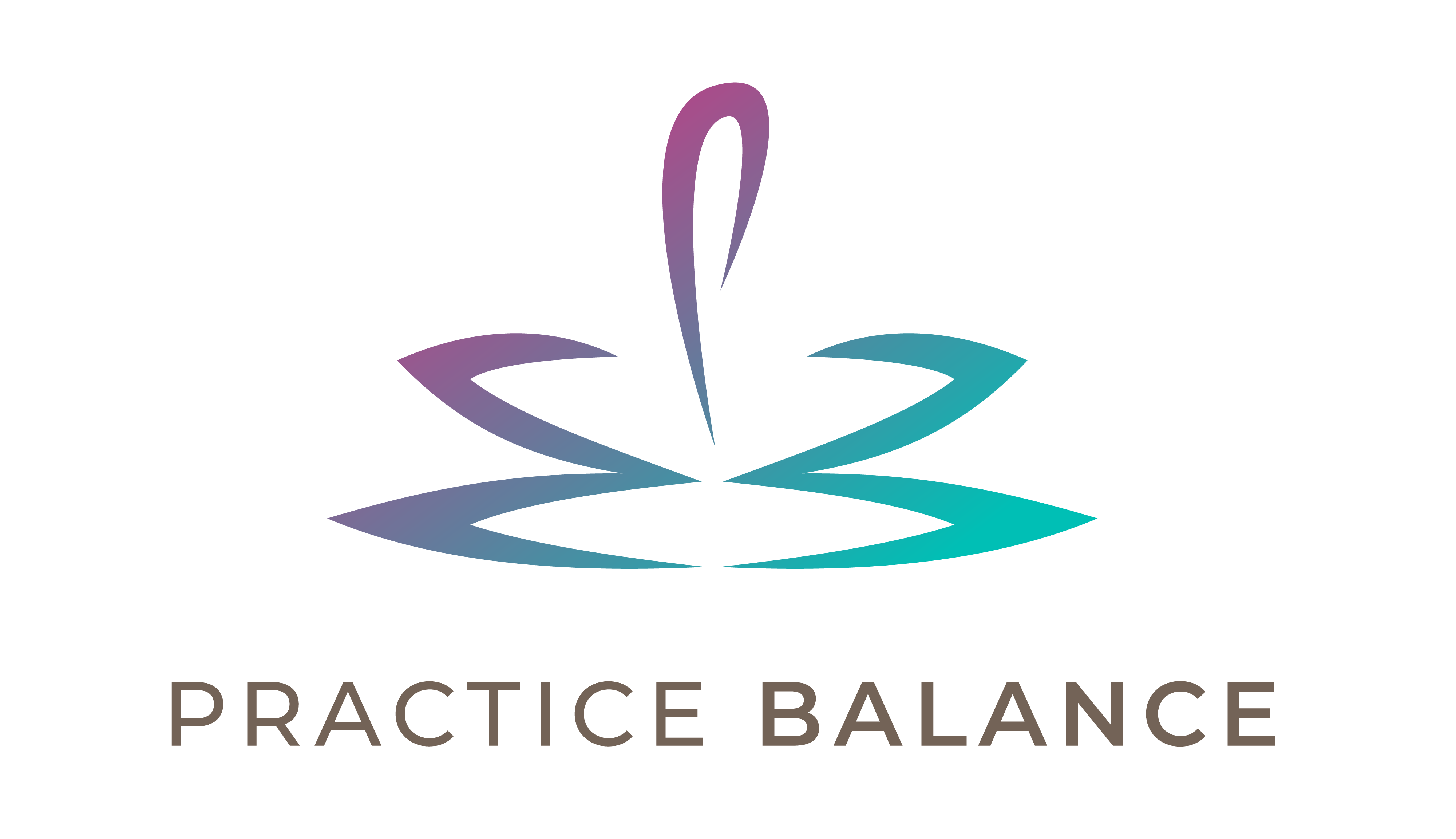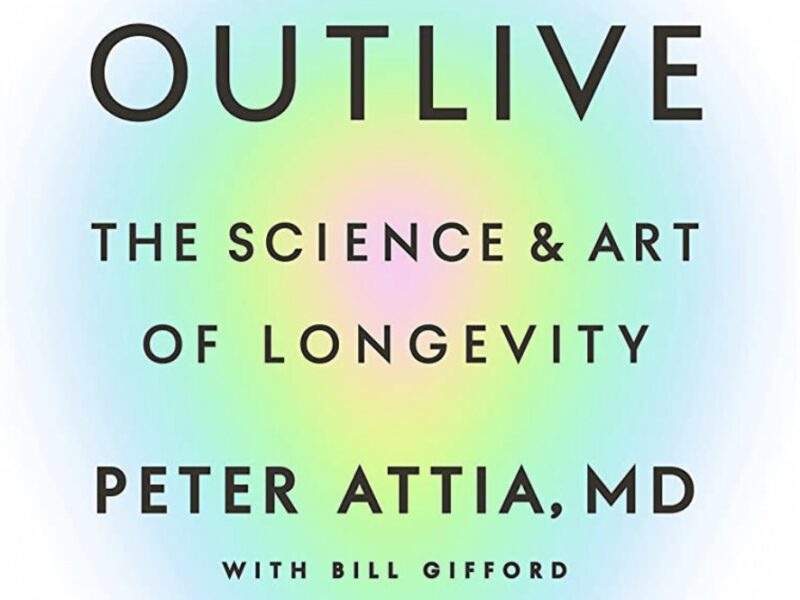As a young adult, I remember watching my aunt add extra salt to her potato chips. Back story: she was the kind of person who lived life vigorously. She was not only adventurous with her activities and travel; she loved to eat, drink, and be merry.
I wide-eyed and quite self-righteously said to her, “You’re gonna die.”
She looked me square and replied, “So are you.”
There’s no denying it–the death rate is 100%. It seems to me that to win the game, you want to live not only a long life, but a life of quality. So how can we balance healthy practices that foster longevity with a big dose of enjoyment along the way?

The book Outlive: The Science & Art of Longevity addresses this conundrum with a data-driven yet holistic approach. I’ve long followed Dr. Peter Attia’s podcast and publications regarding health optimization, so I was excited when his book was finally published.
Peter has apparently been working on this book for several years. In fact, he broke contract with a publisher three years ago and almost scrapped the whole thing. The reasons for this become clear in the last chapter of the book. Lucky for us, the project was resurrected with the help of his friends and supporters.
Dr. Attia is an interesting study. He’s a brilliant engineer and research scientist with training in medicine, cancer research, and surgery at some of the country’s most premier institutions. He stepped away from the practice of medicine for a period of time to work in startups and consulting, but he’s spent the past 10-ish years operating his own concierge practice that focuses on longevity and optimal performance. His podcast The Drive is one of the most listened to medical shows available, and he recently worked on a TV project called Limitless.
The book begins with a look at the major causes of death from the lens of a physician, in addition to commentary on where modern medicine excels and where it falls short. He makes the argument for what he calls Medicine 3.0: where individualized treatment and focus on prevention reign over pharmaceutical and surgical patches to diseases that have often progressed beyond the point of reversal.
Peter deftly addresses the main killers (the “four horsemen”): cardiovascular disease, metabolic dysfunction, cancer, and neurodegenerative disease. He discusses both the state of research on each ailment and best practices for prevention. It’s tough to see the forest through the trees in this area, so the author’s ability to organize and explain complex information makes this digestible for both medical and non-medical readers.
The holistic nature of the book is in its appreciation of what Attia calls healthspan–having a quality of life above the mere act of living. Have you ever thought specifically about what you’d like to be able to do physically as an older adult? When you’re done “achieving”, whether you lean out in the process or not, what will you retire to?

Just like the practice of balance, Attia highlights the idea that we are all practicing for our own longevity. One whole chapter discusses the habits of centenarians and offers a framework for deciding what kinds of events you might want to include when training for your own “centenarian olympics”. There are chapters about movement, nutrition, sleep, and emotional health.
A big takeaway from this book is that regular exercise, of many different flavors, trumps everything in the science of longevity. Exercise is not only the veritable fountain of youth; a regular practice of movement helps to improve metabolic health, brain health, sleep, and emotional health.
The most profound section of this book in my opinion is the last chapter on emotional health. We’re in the midst of a major mental health crisis in this country, and the author addresses the current state of treatment for the most common mental health issues.
Attia argues that concerted efforts to extend your lifespan and healthspan are meaningless if you’re not addressing your own emotional health, and I fully agree. One of her personal therapists used to quip, Why do you care so much about living longer when you hate everyone and everything?
The author talks at length about his own struggles with mental health in the form of relentless perfectionism, anger management, and a deep self-hatred from which he is finally beginning to emerge. This was no small task and involved two separate stints in residential mental health treatment facilities. One was in the middle of his original book contract, which is why the book almost didn’t get written.
I recommend listening to this as an audiobook read by the author himself, which is how I consumed it. You can hear the pain and regret in his voice when he describes the despicable things he did to himself, his family, and others during this time. And you can hear his reticence in telling these stories to the whole world.
For someone of this stature and personal level of standards to admit these things in an effort to demonstrate what a long game all of this stuff really is… I just feel so grateful to him. Coming from the culture of invulnerability that’s rampant in medicine, putting this chapter out there takes tremendous courage.
Thank you, Peter Attia.
In short, I recommend you read this book for multiple reasons. You’ll learn the most data-driven approaches to optimizing your lifespan and healthspan. You’ll also appreciate that none of your efforts are worth it unless you take care of your mental health as well.
What are the events you’re training for in your own Centenarian Olympics?
Have you read Outlive? What did you think? Share your thoughts by leaving a comment!



 Living Life Off the List
Living Life Off the List

[…] care book written by a surgeon” – a funny and somewhat true description (#IYKYK). I reviewed this book earlier this year and think it has excellent, no-nonsense information on how to optimize not only […]